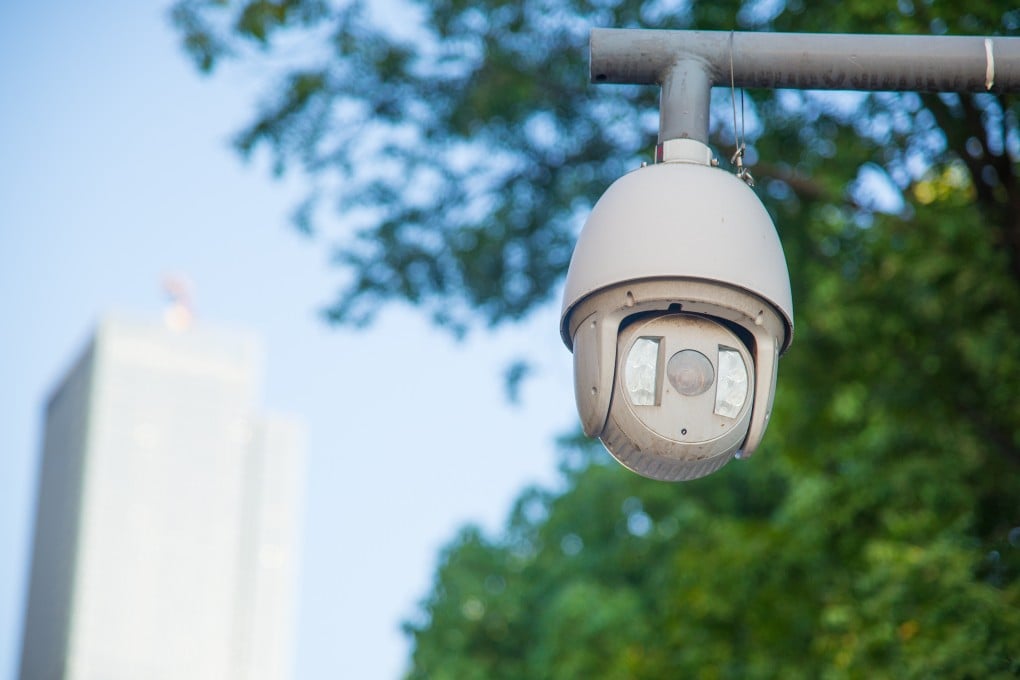Cities in China most monitored in the world, report finds
- London and Atlanta only non-Chinese cities to make the top 10 ranked by number of surveillance cameras
- China on track to have one camera for every two people by 2020, report finds

Chinese cities are the most monitored in the world and – if surveillance cameras are installed at planned rates – can be expected to have one public camera for every two people by 2020, according to a British pro-consumer website.
In a ranking based on the number of CCTV cameras per 1,000 people, China has eight of the top 10 most surveilled cities in the world. The only two non-Chinese cities in the top 10 were London in sixth place and Atlanta in the US at No 10.
The report by the website Comparitech, which provides information for research and comparison of tech services, put Chongqing in the southwestern province of Sichuan in first place with nearly 2.6 million cameras – or 168.03 per 1,000 people. Shenzhen, in the southern province of Guangdong, came a close second with 159.09 cameras per 1,000 people.
Urumqi, capital of China’s Xinjiang Uygur autonomous region – where there have been reports of the Chinese government keeping a close watch on its Muslim population – ranked 14th, with 12.4 cameras per 1,000 people.
Other Asian cities to make the list were Singapore, at No 11 with 15.25 cameras per 1,000 people, and India’s New Delhi in 20th place with 9.62 cameras per 1,000.
It has been widely reported that China today has about 200 million CCTV cameras in use, a figure predicted to rise 213 per cent by 2020 to 626 million. However, the Comparitech report suggests the number could be far higher.